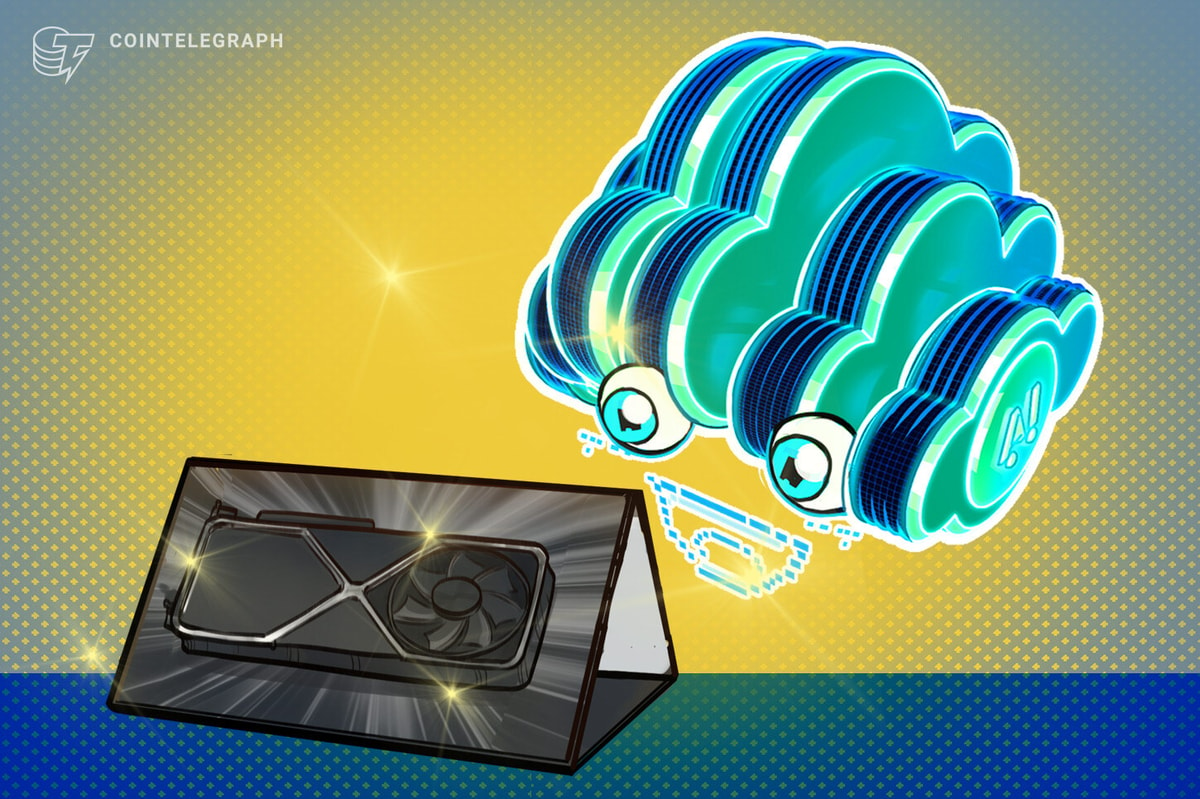In 2002, French computer scientist Yann LeCun was offered a director position at a new tech startup named Google. He passed on the position for a number of reasons, but according to him, had he taken the job, it might have completely changed the way Google goes about research.
LeCun explained on X (formerly Twitter) that Google co-founder Larry Page approached him back in 2002 with the job offer.
An offer made and refused
No. Larry Page heard a talk I gave about DjVu at Stanford while he was still a PhD student (circa 1998).
— Yann LeCun (@ylecun) January 2, 2024
He offered me the job of head of research in early 2002, which I declined.
Google licensed the DjVu technology in 2002 for their catalog scanning project, but never actually…
In a separate response, he mentioned his reasons for turning down the position were fourfold. First, Google was a relative unknown in 2002. “This was January 2002, before ads, gmail, etc.,” wrote LeCun.
Secondly, he said the salary was too low. “Obviously, the stock option package would have ended up stratospheric.” But, as the scientist explains, he had two teenage sons, and the job would have required him to move to the more expensive Silicon Valley housing market.
His third reason for declining, according to the post, was that he wasn’t keen on the idea of moving to Mountain View:
“My family didn’t want to move to California. You can’t uproot teenagers without them hating you for it.”
Finally, LeCun wrote that Google wasn’t doing the kind of research he wanted to be doing at the time.
The Google that never was
While some artificial intelligence (AI) researchers would be kicking themselves for passing up the opportunity to get in on the ground floor of Google’s success, especially as the AI market booms, LeCun ultimately managed to find a lucrative position at Meta, where he’s been since 2013. He didn’t mention what kind of stock options he’s getting there.
Related: Google taught an AI model how to use other AI models and it got 40% better at coding
For Google’s part, it seems to have done okay sans LeCun. However, as LeCun tells the story, things might have worked out a lot differently for the search giant if he’d accepted the position.
“Had I joined, I think the research culture at Google would have been different. I might have made it a bit more open and a bit more ambitious a bit earlier.”











